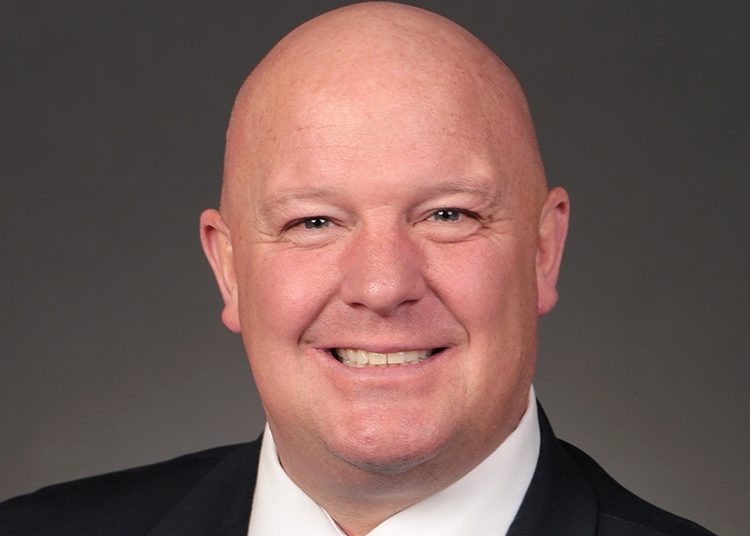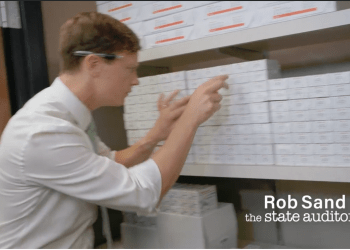The 2021 session of the Iowa Legislature has entered the final stage. Both chambers are working on budget bills and sending them to the other chamber for consideration. This process can take as little as a few days when agreements are found early. Other years see the negotiations drag on into May.
Although budget bills are usually long lists of numbers going to different programs, sometimes policies that affect budget issues can be built into the bill. I’m happy to report my annual welfare reform bill, the electronic eligibility verification bill will have much of its language included in the Senate Human Services budget bill. This is language I sponsor each year to have the Iowa Department of Human Services hire a real-time data collection agency to examine our welfare recipient list. This technology is being used successfully in several other departments and can help us in this matter as well.
I started working on this bill to introduce technology and increase the efficiency of state government years ago. This effort was redoubled the next year when the USDA fined Iowa DHS almost two million dollars because our error rate was almost double the national average. While doing research, I found a legislative analysis documenting the causes of the errors by the DHS as failure to verify required information and incorrect and inconsistent application of policies.
To add to this, professional fraudsters have begun taking advantage of federal and state COVID-19 changes making it easier to apply online for various benefits. Various state departments around the country are seeing unemployment claims and welfare benefit claims filed by computers automatically without a state resident actually filing for help. Other states are reacting by using the same technology for which I have been advocating for four years.
Kansas was slammed by automated unemployment claims to the point they had to shut down their system and install electronic verification. The Kansas Department of Labor revealed after reopening the system, there were over 400,000 claims waiting. Less than 20,000 were valid claims. Ohio saved over $300,000 in monthly unemployment payments to fraudulent accounts. I believe this technology can lower Iowa’s SNAP error rate from the 6th highest overpayment rate in the country to a position lower than average.
The Iowa Department of Human Services has resisted this change since the beginning. But they aren’t alone, for the last three years the House has refused to consider this language as a stand-alone bill. Our local representatives had nothing to do with this and I expect they support the policy. But this year the governor’s staff reached out to learn more about the proposal and Governor Reynolds liked it. This crucial support helped revive the language and I hope to see this adopted by the end of the session.
The only outside opposition I’m hearing is from progressive activists who either knowingly or unknowingly lie that a private sector company will be able to kick recipients off the program or fake news in the cities who knowingly or unknowingly repeat the falsehood on radio, print, or tv. Then again, for too many progressives, the truth does not matter. Whatever lies it takes to advance their Marxist policies are justified in their minds.
This policy does not place a private company over the Iowa Department of Human Services. We are telling Iowa DHS to use proven technology and lower the error rate. Iowa Workforce Development already uses vendors to provide this service and so does the Iowa Department of Transportation.
















